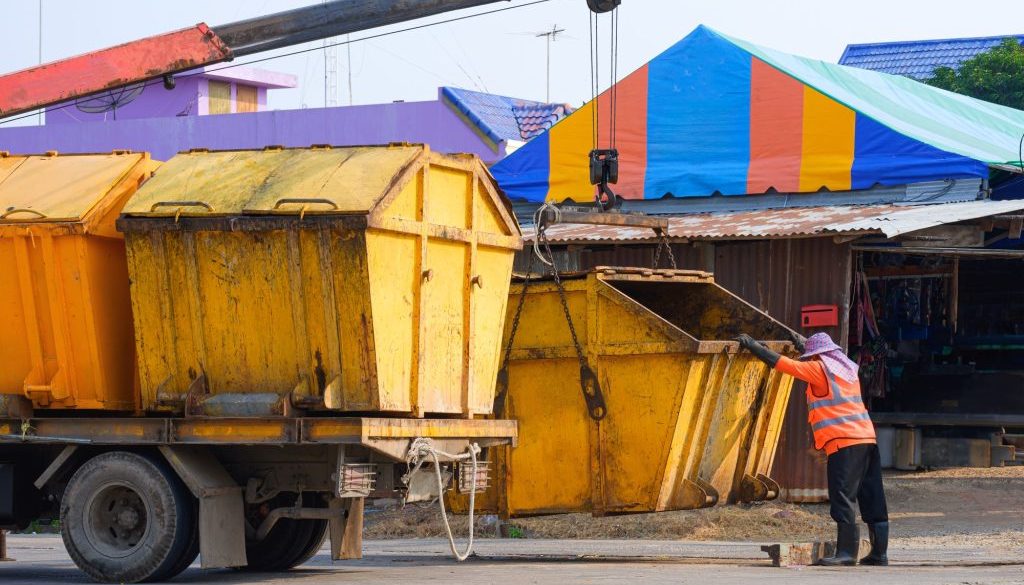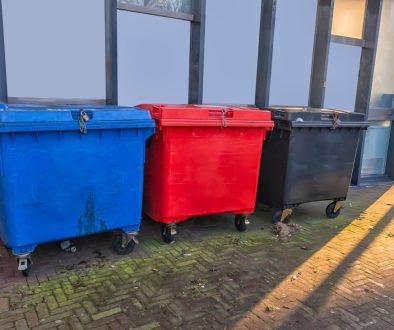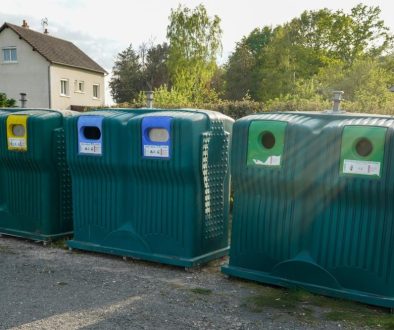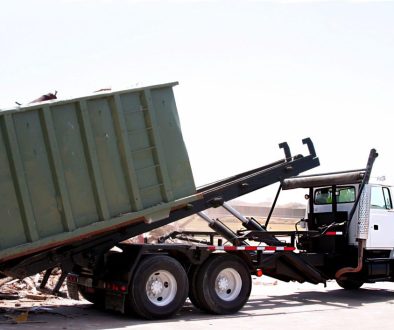In the construction industry, effective and efficient waste management practices have a crucial impact on project success, cost control, and long-term sustainability. Skips play an essential role in managing construction waste, providing a convenient means of containing and disposing of rubbish generated on-site. However, to optimise the benefits of using skips, it is vital to understand and implement best practices that maximise their efficient use. As a family-run company servicing Staffordshire, Enviro Skip Hire is dedicated to providing practical solutions for waste management, including skip hire and aggregate supply, to support contractors in achieving streamlined operations and sustainable construction practices.
In this informative blog post, we will explore the various strategies and recommendations for using skips efficiently and effectively in construction projects. We will discuss aspects such as correct sizing, waste segregation, site planning, and timely waste collection schedules, which contribute to optimising the way you utilise skips in your construction sites. Furthermore, we will delve into the benefits of partnering with a reliable waste management service provider, such as Enviro Skip Hire, who can provide appropriate guidance and support tailored to your project requirements.
1. Selecting the Right Size Skip for Your Construction Project
One of the fundamental aspects of efficient skip use is choosing the correct size skip for your construction project. Here are some factors to consider when making your selection:
– Volume of waste: Estimate the amount and type of waste that your construction project will generate. This information will help you determine the appropriate skip size to avoid overloading or underutilising the skip.
– Available space: Take into account the space available on your construction site to accommodate the skip without obstructing workflow or access to essential areas.
– Access and logistics: Consider the ease of access for skip delivery, positioning, and collection. Ensure there is enough clearance for vehicles transporting your skips to and from the site to prevent delays and disruptions.
Enviro Skip Hire offers a wide range of skip sizes, catering to various construction waste management needs. By selecting the most suitable size skip for your project, you can enhance waste management efficiency and avoid unnecessary additional costs.
2. Implementing Waste Segregation Practices for Efficient Skip Use
Waste segregation practices not only streamline waste disposal but also support recycling and reduce the environmental impact of your construction project:
– Designated skips for different waste types: Set up separate skips for various categories of waste, such as general waste, recyclable materials, and hazardous waste. This approach ensures effective waste segregation and simplifies the disposal process.
– Label and display waste categories: Clearly label skips to indicate the specific waste types they accommodate. Clear signage and visual aids help prevent contamination and encourage correct waste disposal by site workers.
– Educate and reinforce waste segregation: Regularly review waste segregation guidelines with your workforce through training sessions and site meetings to reinforce the importance of proper waste disposal and segregation.
Proper waste segregation not only enables efficient skip use but also contributes to higher recycling rates and improved environmental performance.
3. Ensuring Optimal Skip Positioning and Site Planning
The strategic positioning of skips within your construction site directly affects their efficiency and ease of use:
– Centralised location: Place skips in a centralised area that is easily accessible to your workforce. This reduces the effort and time spent carrying waste to and from waste disposal points.
– Pedestrian and vehicle access: Make sure that the skip location does not obstruct pedestrian or vehicle routes on your construction site, allowing clear access to all essential areas.
– Ground conditions: Consider the ground conditions when positioning your skip. Ensure the location is both stable and able to accommodate the weight of a fully loaded skip.
Effective site planning and skip positioning contribute to improved site organisation, reduced waste handling time, and enhanced skip use efficiency.
4. Regular Skip Collections and Waste Disposal Management
Consistent and timely waste collection schedules are crucial to maintaining efficient skip usage and keeping your construction site clean and organised:
– Establish waste collection schedules: Set up regular waste collection dates with your waste management provider to avoid overflowing skips and setbacks in your construction activities.
– Monitor skip usage: Keep a close eye on skip usage and adjust your waste collection schedule accordingly. Anticipate periods of increased waste generation and arrange additional skip collections when necessary.
– Consistent communication: Maintain open communication channels with your waste management service provider to ensure seamless waste collection and disposal processes.
By proactively managing your waste collection schedules and maintaining a close working relationship with your waste management provider, you can maximise skip efficiency and keep your construction site tidy and well-organised.
Conclusion
Maximising the efficient use of skips in construction projects is a crucial aspect of effective waste management, leading to cost savings, improved site organisation, and enhanced environmental performance. By focusing on correct skip sizing, waste segregation practices, strategic site planning, and regular waste collection schedules, contractors can optimise their skip usage and reap the numerous benefits associated with efficient waste management.
Partnering with a reliable local skip hire provider, such as Enviro Skip Hire, can further streamline your construction project’s waste disposal processes, ensuring timely skip hire and collection services tailored to your specific needs. Contact Enviro Skip Hire today to discover how their expert solutions can complement your efforts in maximising skip efficiency, supporting your project’s waste management goals for a cleaner and more sustainable construction industry.




